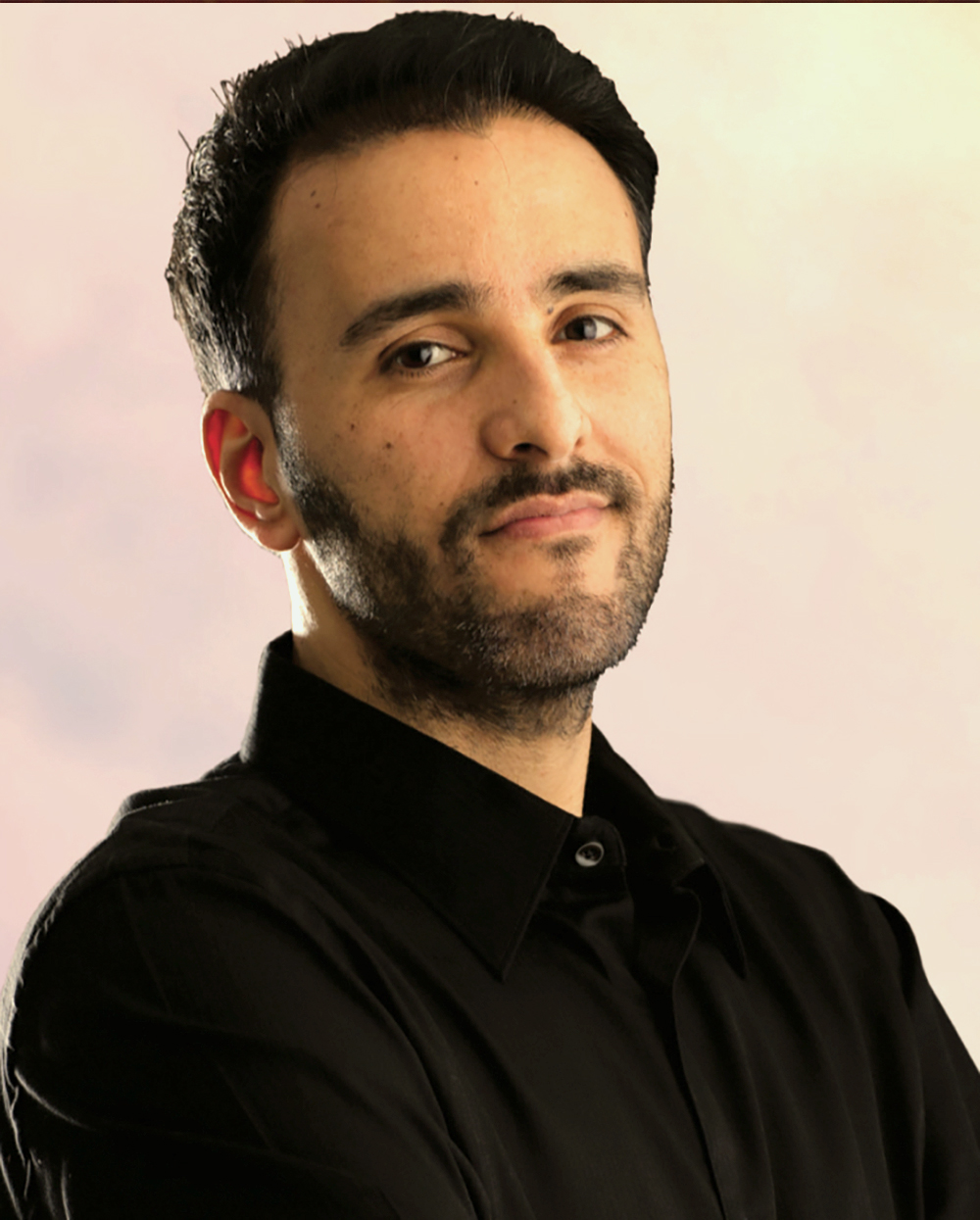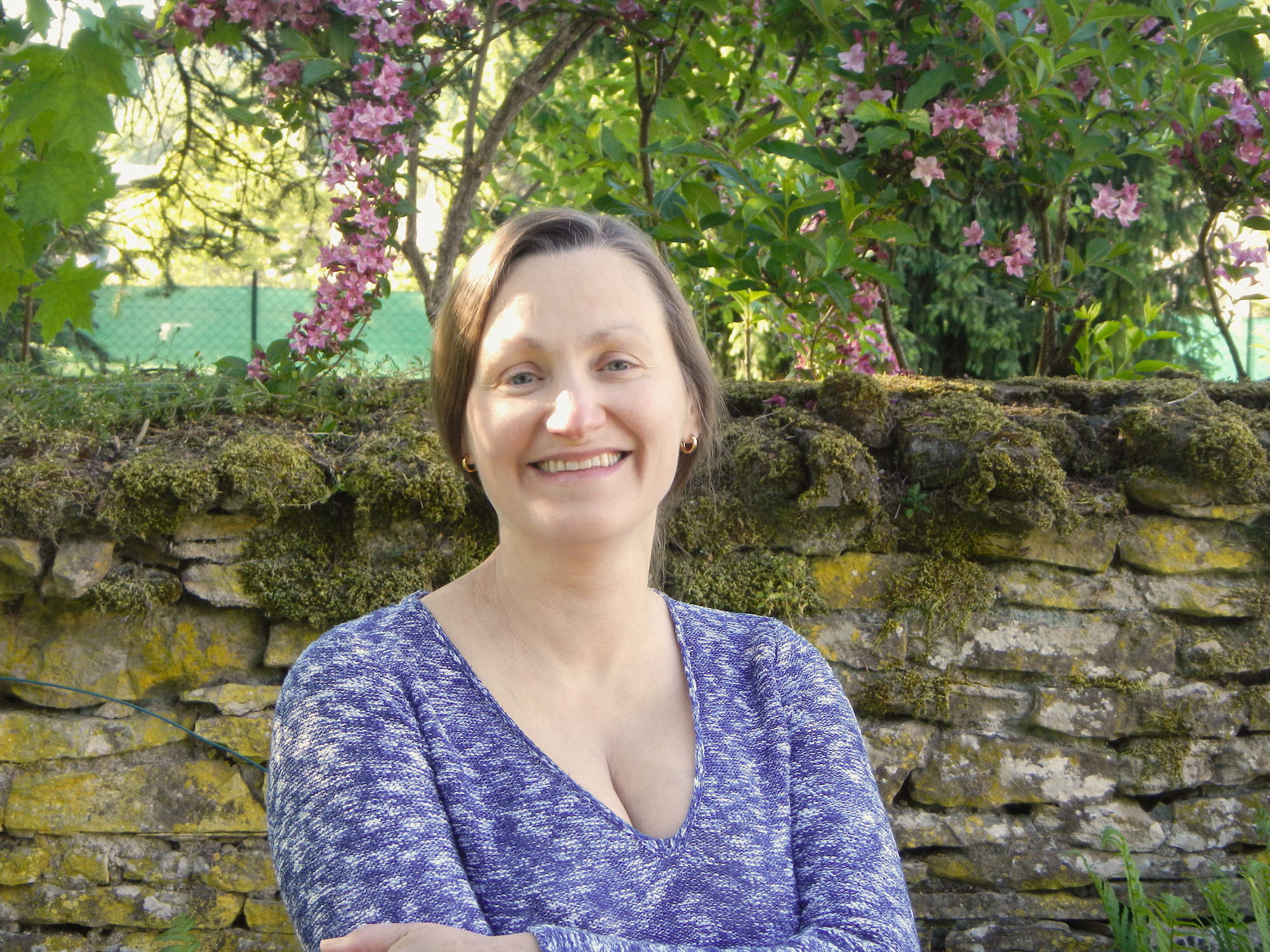Q&A
Why did you decide to earn a degree at Harvard Extension School?
In truth, I initially had no intention of pursuing a second master’s degree. But as an educator, I realized that the concepts I taught every day had grown repetitive and unengaging. I even found myself longing for the kind of struggle and eventual triumph my students experienced when they faced a challenging math problem.
So, that summer, I decided to take an unconventional kind of vacation by flying up to Boston and taking two courses at Harvard Extension. It turned out that the courses were considerably more daunting than I imagined, and at the same time, even more fascinating. In my coursework, I not only tackled math concepts I had never seen, but I also discovered the most elegant and imaginative new approaches to problems and proofs I had been teaching and tutoring for years. Best of all, in my classmates, I found the most inspiring and innovative high school math teachers—the kind we all wish we had more of growing up. In our study groups, we toiled, commiserated, and laughed over problem sets late into the night.
Near the end of the summer, I learned from Andy Engelward, director of the Math for Teaching program, that degree candidates could choose from a whole host of electives—many of which extended beyond pure math to the impact of education and teaching. After completing a few of these courses, I found them to be so relevant if not vital to my work in the nonprofit sector and to my development as a change agent in education that I decided to apply for the degree.
How has this experience helped you in your career or personal development?
My Harvard Extension experience has served me during the most critical period in my career: when I started volunteering at a community center near downtown Louisville.
I had always felt at ease as an educator, which eventually led me to start a tutoring company. But I was surprised by the clients who walked through the company’s doors: affluent families whose kids excelled academically and attended the city’s elite high schools. Because I was still volunteering at the community center, I found myself experiencing pedagogical whiplash, toggling between students on opposite extremes of the socioeconomic spectrum, often on the same day.
At the tutoring company, I’d work with students on Euclidean proofs or guide them to near perfect standardized test scores, pushing them even further than the elite schools they attended. I’d then travel to the community center for several hours of what I would describe as tutoring triage, scrambling to help fourth graders, already several grade levels behind, with basic reading and math.
I desperately wanted to do something, however small. And it was, indeed, a humble start: six idealistic tutors and I sat on the floor of my office every week to brainstorm approaches for tackling the overwhelming educational inequity in our community. We came to call this effort Educational Justice (EJ), which is now a rapidly growing social impact model in Louisville. My coursework at Harvard Extension supported and helped me to develop the concept behind EJ. My professors at Harvard have not only been huge fans of our efforts, they’ve helped me to grow and support the venture in a number of key areas from research to networking.
What was the most challenging aspect of your time at Extension? What was the most rewarding?
The thesis requirement at the conclusion of the degree program was especially challenging. Aside from being a colossal undertaking that requires constant discipline, tenacity, and resourcefulness—which I fully expected and even embraced—the thesis project got underway just as my startup was experiencing rapid growth, which I did not expect. Professionally, it was the busiest time of my life. Luckily, my thesis advisor was both understanding and accommodating but also helped to keep me on track throughout that hectic period.
Interestingly, my thesis project also turned out to be one of the most rewarding experiences in my time at Harvard Extension. After surviving every stage of the process, it was incredibly gratifying (and somewhat surreal) to see it all completed.
What types of student resources and special options did you take advantage of as a student at Harvard?
There’s a wealth of resources offered to Harvard students, and I took advantage of quite a few including student events, career workshops, and Harvard’s world-class libraries. In my case, the most useful resource by far has been access to the Harvard i-lab. The expert staff at the i-lab has continually guided me in developing a social enterprise and maximizing its impact. In fact, this year, our team was accepted into the Venture Incubation Program (VIP) and advanced to the semifinal stage of the Harvard President’s Innovation Challenge.
Implementing a social impact model in the education space comes with a whole host of unexpected challenges. That’s where the expertise at the i-lab has proven indispensable. Our advisor in the VIP guided us toward not only obviating some of those hurdles but even transforming a few into assets, all while enthusiastically rooting us on. Recently, we learned that we were accepted into the Summer VIP at the i-lab to further refine and help scale our social venture.
This interview has been edited for clarity and length.



